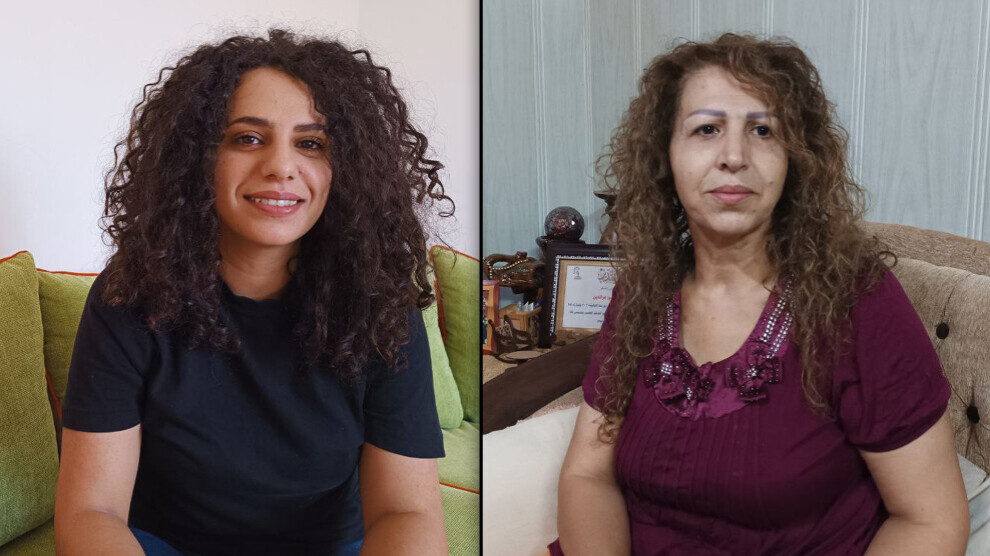Sweida: Once free of illiteracy, confronts its hardest school year
Education in the southern Syrian city of Sweida has suffered a severe blow, with the local education authority mourning the loss of nearly 40 teachers in recent months.

ROCHELLE JUNİOR
Sweida – In 2008, the city of Sweida celebrated a milestone that made headlines across Syria: it became the first city in the country to declare itself free of illiteracy. It was more than just a statistic; it reflected a deeply rooted culture that saw education as the foundation of dignity and strength. Families considered schools an extension of the home, books as part of identity, and teachers as figures of respect.
This small mountain city became a beacon of learning and culture, producing doctors, engineers, writers, and artists. Its libraries were full, its gatherings alive with debate, and its students consistently excelled nationwide.
But since July 13, 2025, that image has changed dramatically. Violence, siege, and economic hardship have left education among the greatest casualties. Schools became shelters, libraries were burned, students were deprived of exams, and dozens of teachers lost their lives.
Today, as a new academic year begins, Sweida faces a painful paradox: the city once celebrated for eradicating illiteracy now struggles to preserve the right to education amid a war on knowledge itself.
Education under attack
As tensions escalated, schools and universities were among the first targets. Some villages lost their schools entirely, while libraries holding thousands of books were reduced to ash.
“What we witnessed was shocking,” said veteran teacher Yara al-Shoufi. “Schools turned into shelters, teachers lost their lives in clashes, and students were barred from exams—or even from attending classes. The goal was clear: to strike at education and those who pursue it.”
She added that ninth-grade exam results were withheld in Sweida while published elsewhere, and high school seniors were unable to finish their exams. Students in other cities also faced racist abuse, physical assaults, and even arrests for expressing solidarity with their families online.
Keeping learning’s flame burning
The crisis hit teachers as well. The Directorate of Education reported the deaths of nearly 40 educators in recent months, creating an acute shortage in teaching staff—especially in scientific and specialized subjects.
Still, some remain determined to find solutions. “We must reinvent our ways,” Yara al-Shoufi said. “We can hold small group classes in community houses, secure safe passage for university students to less dangerous areas, and provide psychological support for children. Education is not a luxury—it is a right and a necessity.”
‘Schools turned into shelters’
Retired teacher Abeer Azeddin described the crisis in broader humanitarian terms: “In Sweida alone, schools have become shelters for displaced families from around 36 villages, and education has come to a complete stop. Secondary school certificate students were denied exams, and university students faced incitement and racism outside the city. We chose to keep them here to avoid further harm.”
She said the attacks also targeted culture and art: “A library of 5,000 books was burned. We lost doctors, engineers, medics, and music students. One was killed, his oud smashed. Instead of preparing for the new school year in September, destruction has halted everything, and schools are now shelters.”
Abeer Azeddin stressed that despite the devastation, Sweida’s legacy endures. “This city has always been a center of knowledge, art, and ethics. Today we are devastated, but we believe our students will return to classrooms. Knowledge will remain stronger than war.”
Appeal for support
Local communities are calling on international organizations and civil society groups for urgent assistance—rehabilitating schools, providing books and learning materials, and offering scholarships and psychological support.
Though small in size, Sweida has long been a vital contributor to Syria’s intellectual and cultural fabric. Losing it, residents warn, would be a loss for the entire nation.
